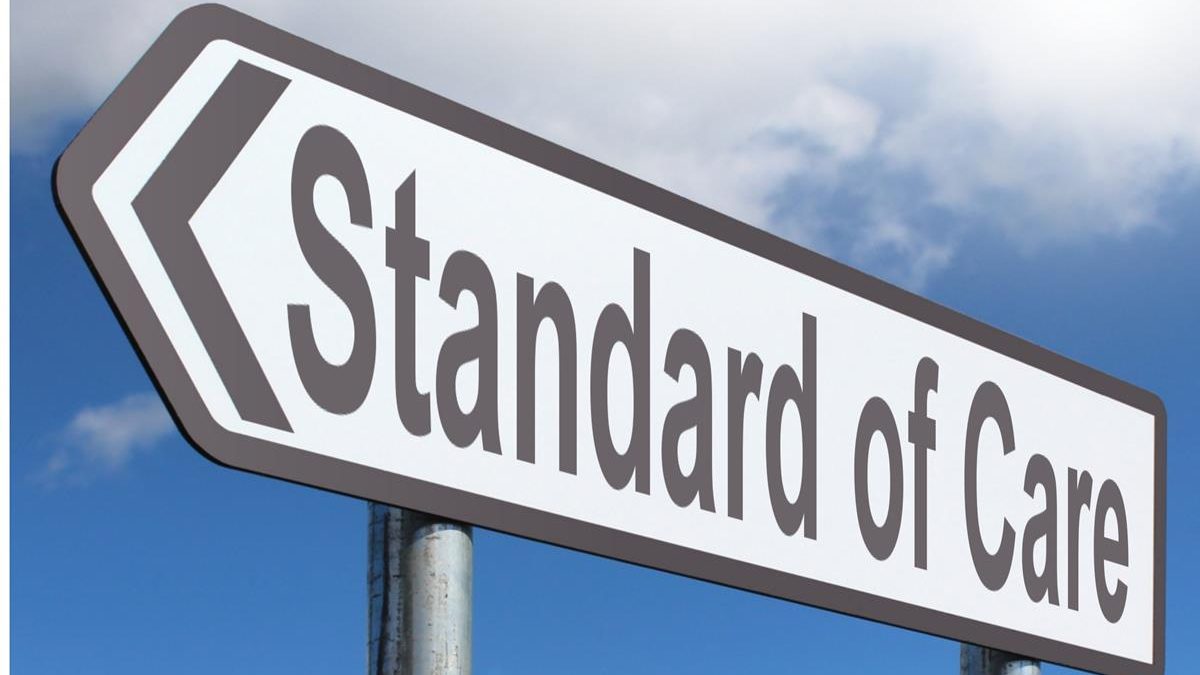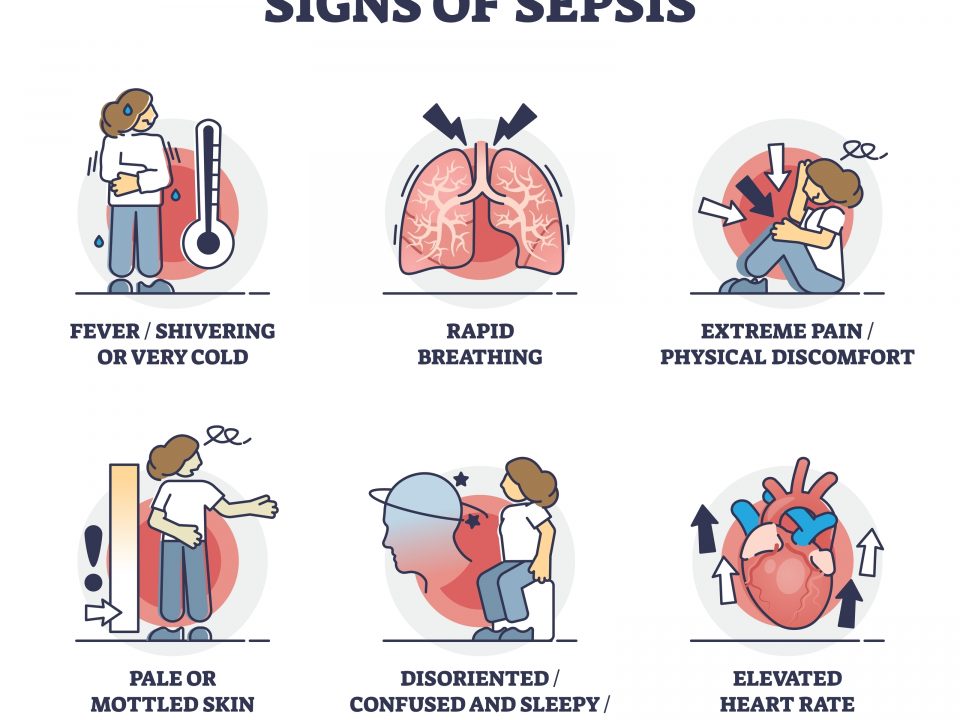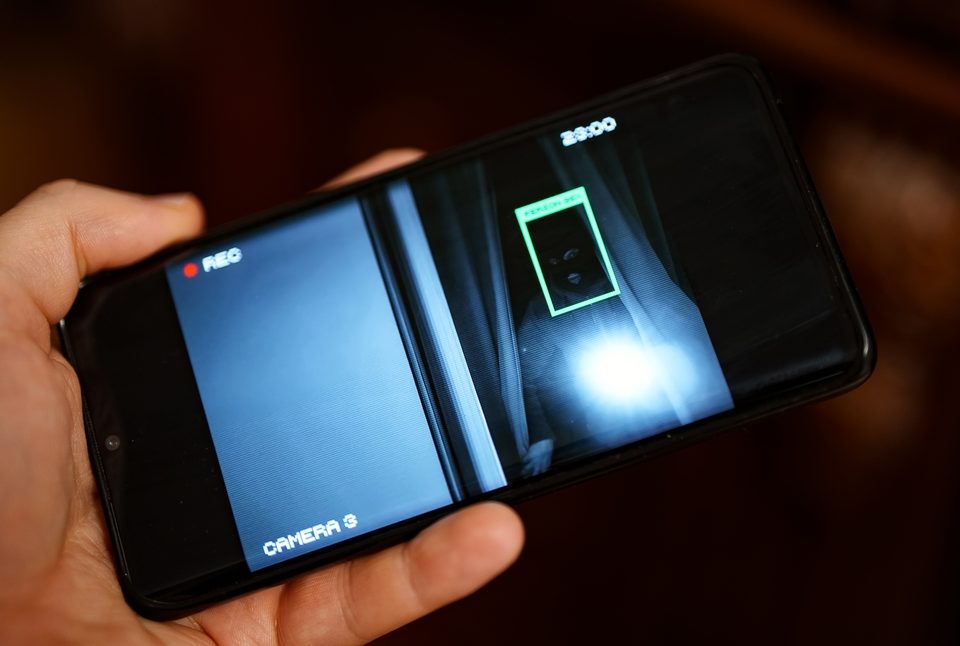
The Role Of The Bolam Test In Medical Negligence Claims
17th April 2023
O’Brien V Guy’s And St Thomas’ NHS Trust – Deviation From Guidelines
24th May 2023This case involved a court of appeal ruling in the case of FB v Princess Alexandra Hospital NHS Trust [2017] EWCA Civ 334. The ruling considered if there should be a difference in care standards required of a Senior House Office (SHO) compared to a doctor of more seniority, particularly concerning taking patient history on arrival in an Accident and Emergency department.
The case was brought by the mother (and her litigation friend WAC) of claimant FB, a 13-month-old child who had been unwell with symptoms of high temperature persisting over a week. GP’s advice had been to keep the child cool and continue with Calpol. WAC called the out-of-hours medical service and spoke with a triage nurse, resulting in an ambulance being called to attend. Ten days later, the claimant’s mother noted that her child was lethargic, and her eyes were now rolling.
The case details
FB (a 13-month-old child) arrived at the hospital’s A&E department and was seen 35 minutes later by an SHO, who had received the paramedic’s lethargy and eye-rolling update on the child. The SHO, at that point, did not ask about the history of symptoms from WAC or establish that FB had been admitted via ambulance. A respiratory infection was diagnosed, and FB was discharged. The infant’s condition worsened, and she was returned to A&E after 12 hours, where she was seen by a paediatrician and prescribed antibiotics. After a further period, FB was transferred to Great Ormond Street Hospital and was diagnosed with pneumococcal meningitis alongside multiple brain infarcts. FB was left with profound injuries, including deafness and permanent brain damage.
On behalf of her daughter, the mother brought a claim alleging the SHO within A&E was negligent in failing to conduct adequate examination and take history. She claimed had the SHO performed these tasks to a competent standard, she would have referred her child to the paediatric team. The parties agreed that had the child been referred, antibiotics would have been given, thus preventing the spread of infection, such that no injury would have been suffered.
The judge, at the initial ruling, found that it would have appeared that the child would have presented more unwell than a child with a respiratory tract infection. The verdict, however, concluded that the parents’ evidence regarding the apparent lethargy in the child was more subtle. Such that only a more senior doctor would have picked up on it, and whilst the SHO did not ask why the child was taken to A&E, again, only a more senior doctor would have elicited the history of eye-rolling after questioning. The judge considered there to be no breach of duty, and it was not substandard medical practice by the SHO not to obtain the history of eye-rolling.
The appeal was allowed
The appeal made clear that the length of a doctor’s service is not a relevant factor in consideration of a breach of duty. The ruling judges referred to the requirement that in a professional context, a claimant is entitled to expect adherence to certain standards and level of care of a reasonably competent member of the profession. The SHO believed, mistakenly, that information would be volunteered in such cases that something frightening witnessed by a parent would have been given and did not require specific questioning. The leading judgement ruled that questioning was not assumed to be only a remit of a senior doctor. However, the physical examination may have required more experience to recognise the subtle signs the child presented with. The judgement found, inevitably, that the lack of history taking was substandard to that expected from a competent SHO. Thus the appeal was allowed.
What we can learn
The case underlines the essential requirement for doctors to take a complete history from the patient ( or their representative in the case of FB,) which should include an understanding of why they are presenting at the hospital. No assumption should be held that patients or their accompanying representatives will offer relevant information. Level of care should be determined by the standard of care expected of the doctors posting at the time, and their length or experience not considered. The trust will become liable when a doctor is placed in a particular position without the required skills.




